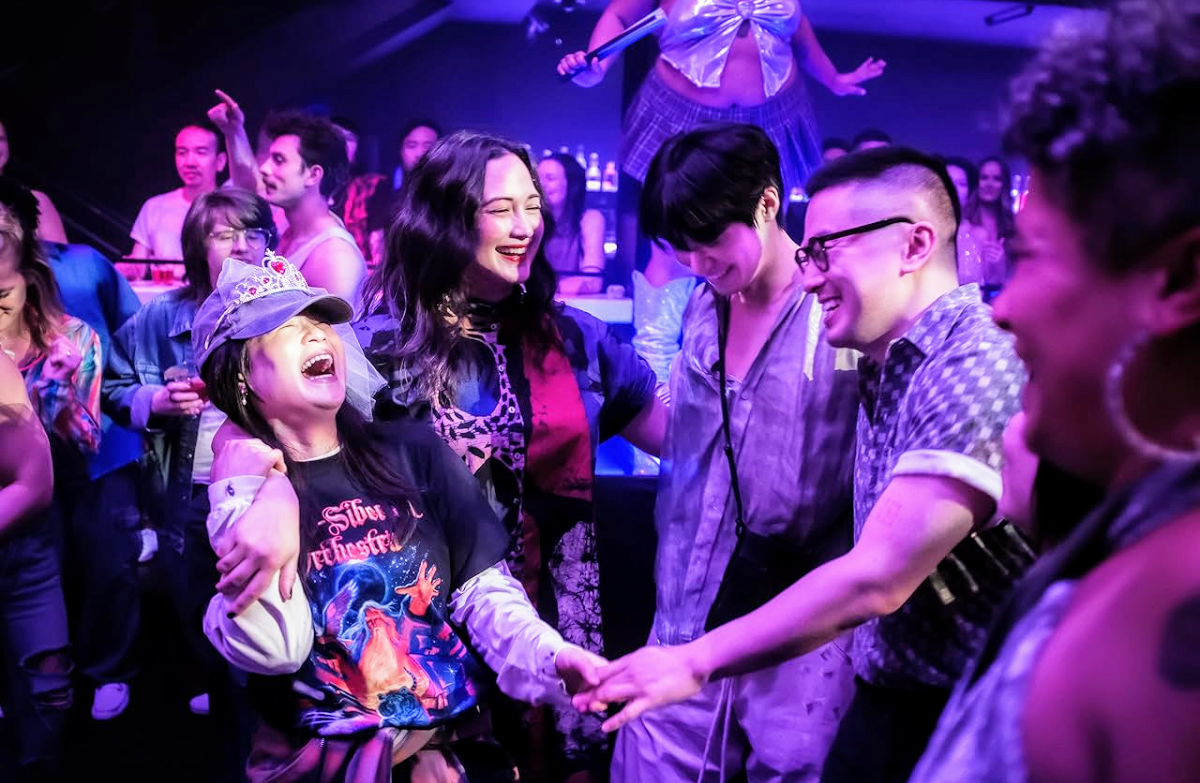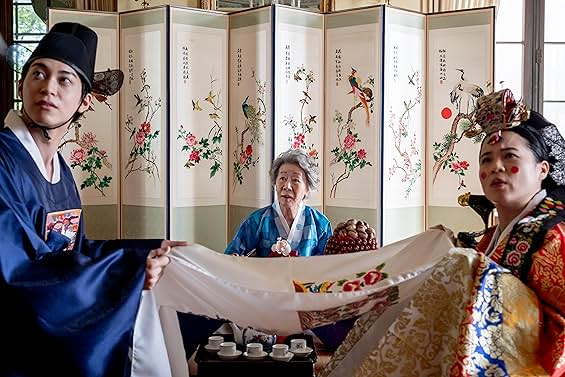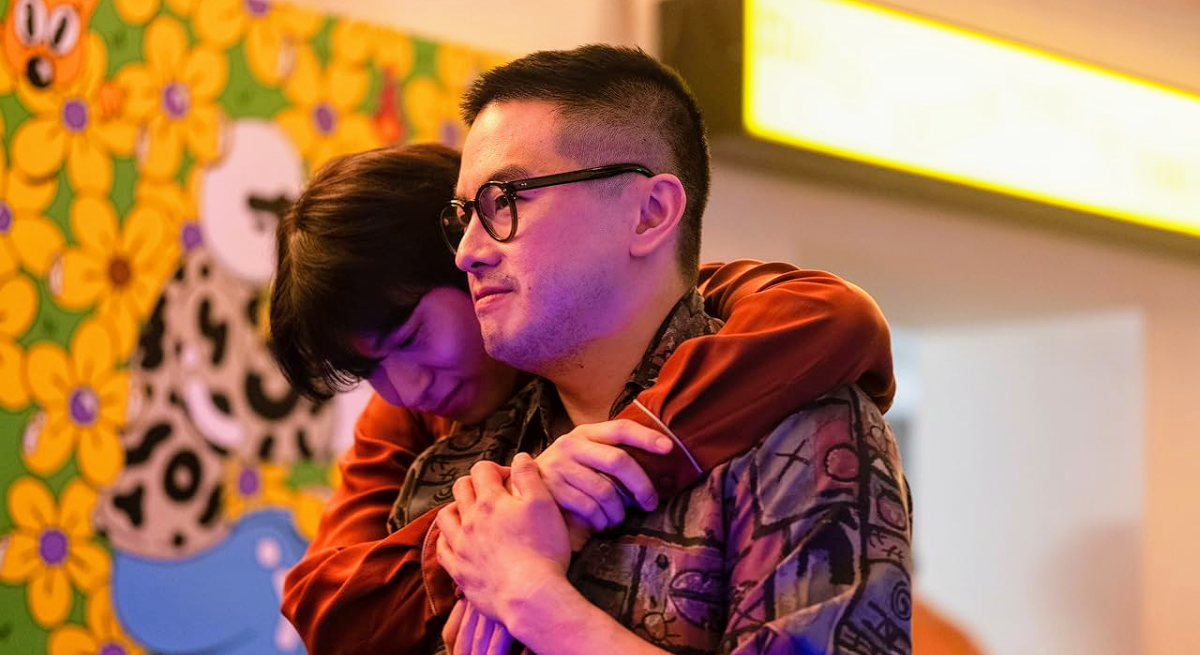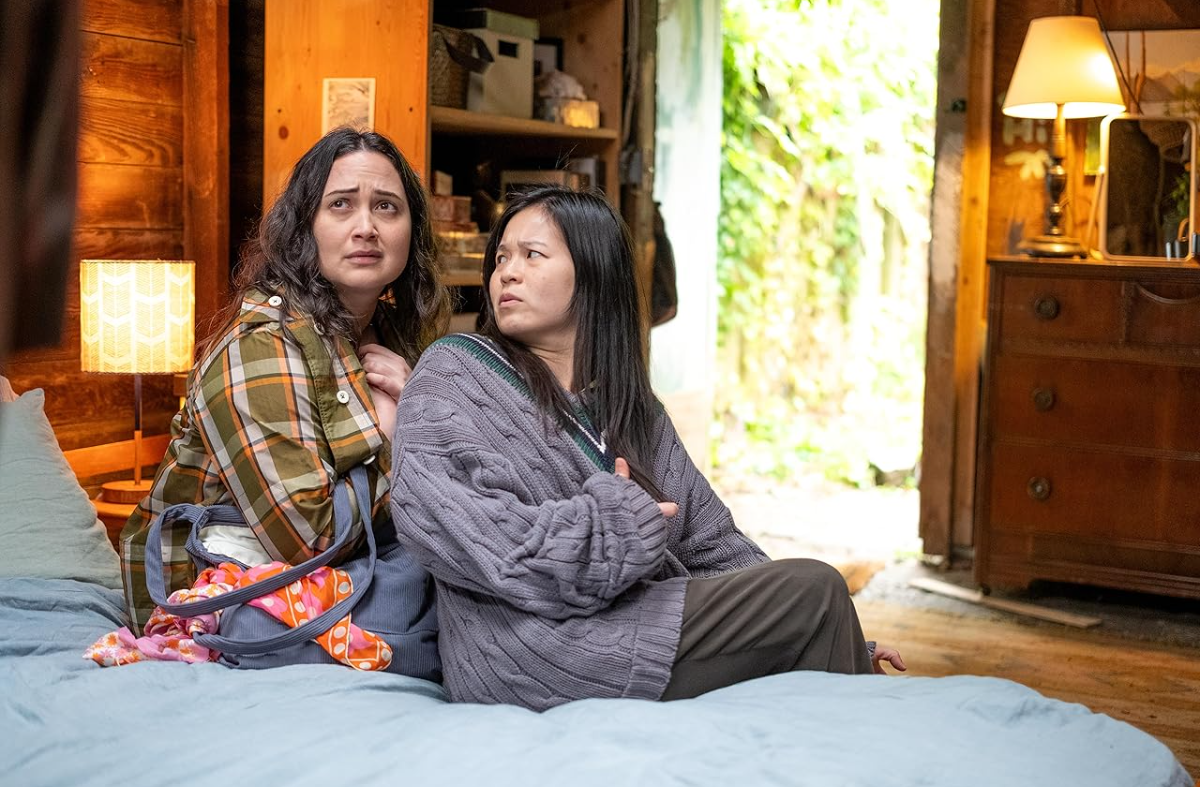
The remake of Ang Lee’s 1993 film The Wedding Banquet celebrates acceptance of the LGBTQ community. Featuring a star-studded cast, the film highlights queer and Asian visibility through humor and heartfelt emotion. Director Andrew Ahn’s version explores the continued relevance of lavender marriages in the modern world.

“I wanted to make a film that truly celebrates family,” said director Andrew Ahn after screening his remake of Ang Lee’s 1993 queer classic *The Wedding Banquet*. His vibrant reinterpretation does just that. The film reminds us of one of the most important reasons queer stories matter: they show that whether it’s a biological family or a chosen one, when people find acceptance and live as their whole selves, they can truly thrive.
Before taking on the remake of this classic film, Andrew Ahn gave serious thought to whether the story of a "lavender marriage"—a marriage between a man and a woman intended to conceal one or both parties' sexual orientation—still holds relevance today. After all, the original film was made 32 years ago, at a time when LGBTQ identity had yet to take root in mainstream American culture. In 1993, *Will & Grace* was still five years away from its television debut, and it would be another four years before Ellen DeGeneres came out as a lesbian on her sitcom *Ellen*.

Ahn’s answer was a resounding yes. Even today — and perhaps especially today — as some states threaten to roll back marriage equality and the current administration challenges immigrant rights, it’s still imaginable that, in certain situations, such marriages of convenience might be beneficial. Ahn’s film is a loving tribute to the original, while also offering a bold and beautiful reimagining that underscores the importance of queer, cross-cultural, and intergenerational storytelling.
The film centers on two queer couples who arrange a fake marriage to deal with immigration and fertility struggles. Their heartfelt yet humorous journey explores love, chosen family, and the sacrifices made to create a sense of belonging.
The film delivers a powerful emotional experience, highlighting queer stories while remaining universally relatable to anyone moved by sincere, emotionally deep narratives about love and connection.

Youn Yuh-jung’s portrayal of Minh’s outspoken, loving grandmother adds emotional depth and cultural authenticity. Her relationship with Minh highlights traditional family values and generational expectations, all set within a modern, emotionally resonant narrative.
Joan Chen’s character highlights the complexities of LGBTQ acceptance, portraying a mother whose support is more performative than genuine. The film thoughtfully examines how allyship can be conditional and self-serving, adding depth to its exploration of family and identity.
Nevertheless, the film remains deeply meaningful, showing that healing within families is possible. The ending celebrates friendships that evolve into chosen families and portrays the powerful experience of young queer adults being genuinely seen and supported by their elders.
By casting LGBTQ actors alongside revered Asian film stars, Andrew Ahn’s film gains cultural weight and cross-border influence. It not only amplifies queer visibility but also encourages meaningful dialogue about LGBTQ acceptance across Asian communities.
Andrew Ahn’s remake honors the legacy of the original The Wedding Banquet while pushing forward queer storytelling for today’s audience. Ideally, future filmmakers won’t need such stories—but for now, this film offers a powerful vision of love and chosen family.
